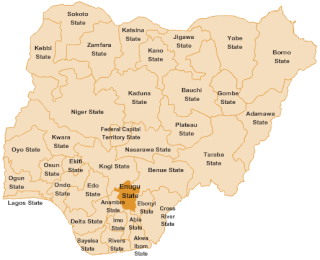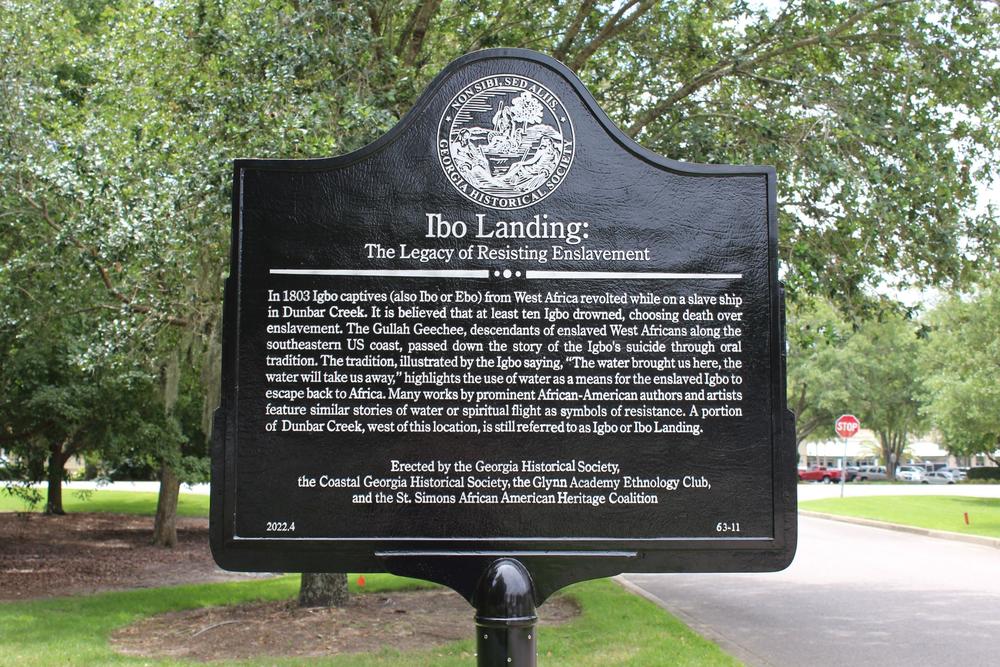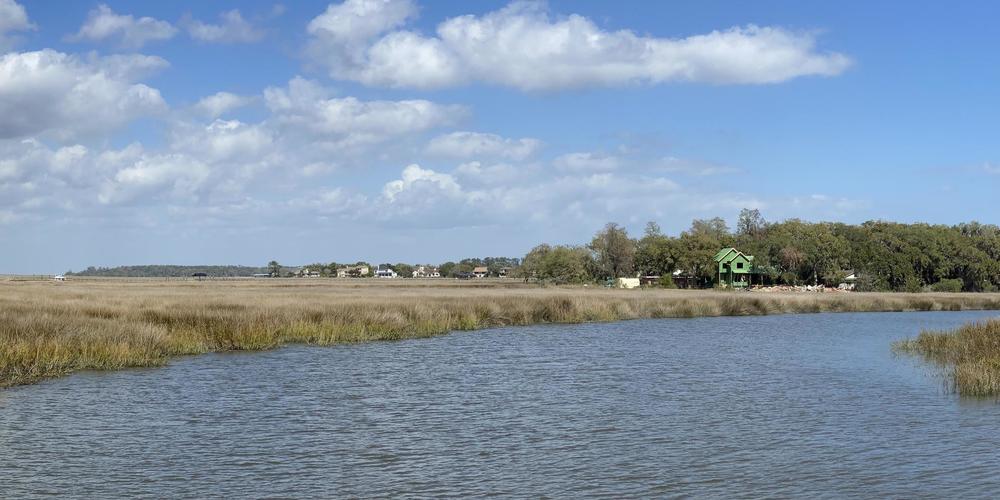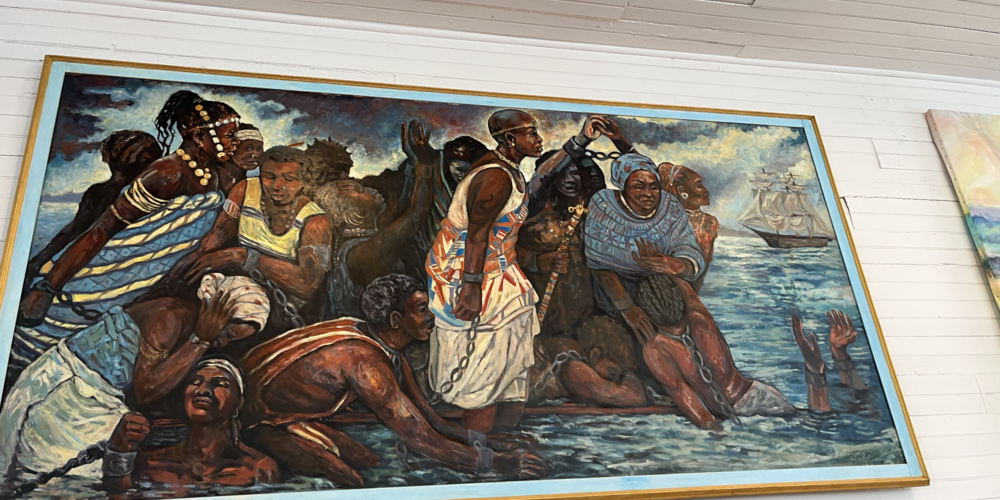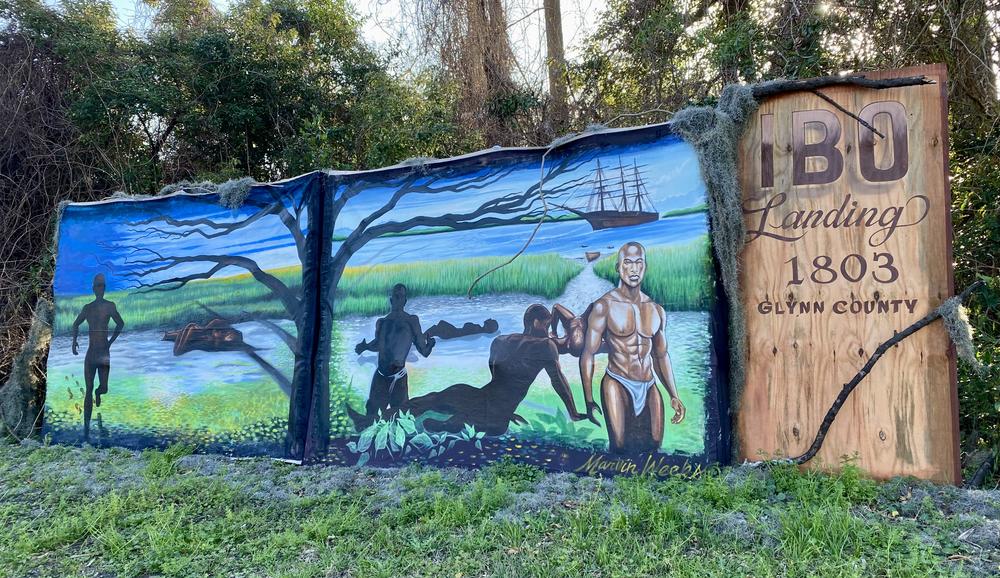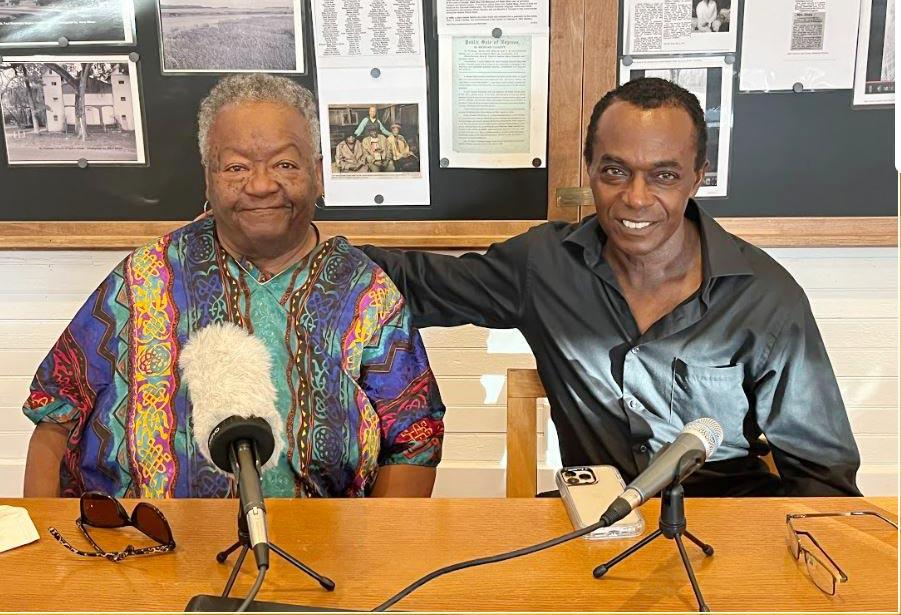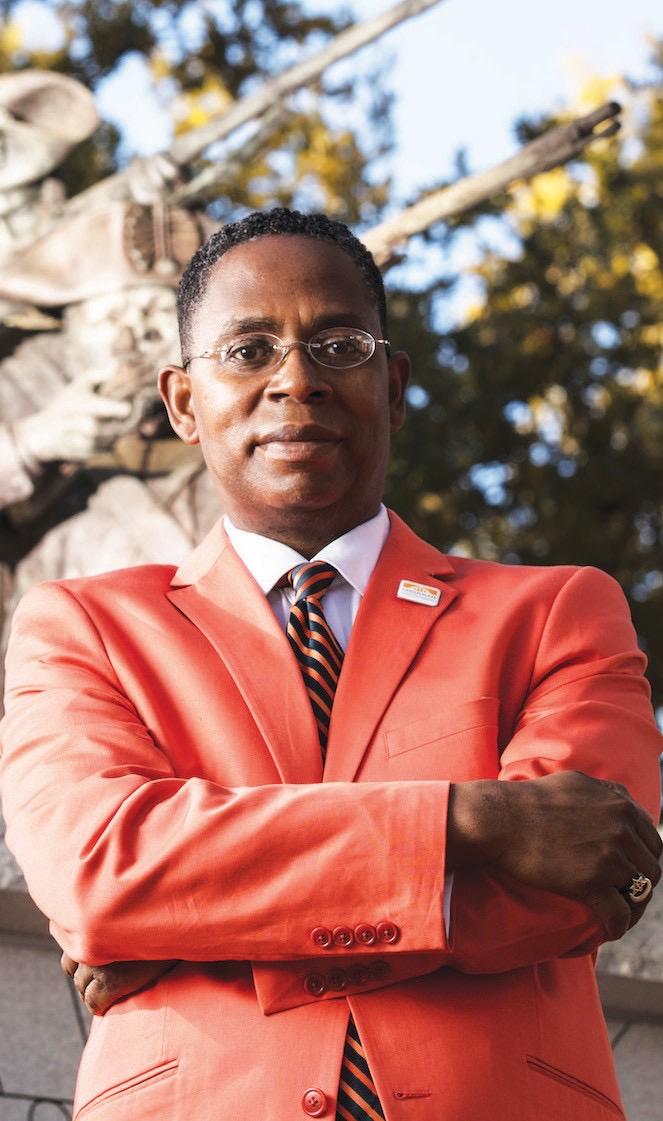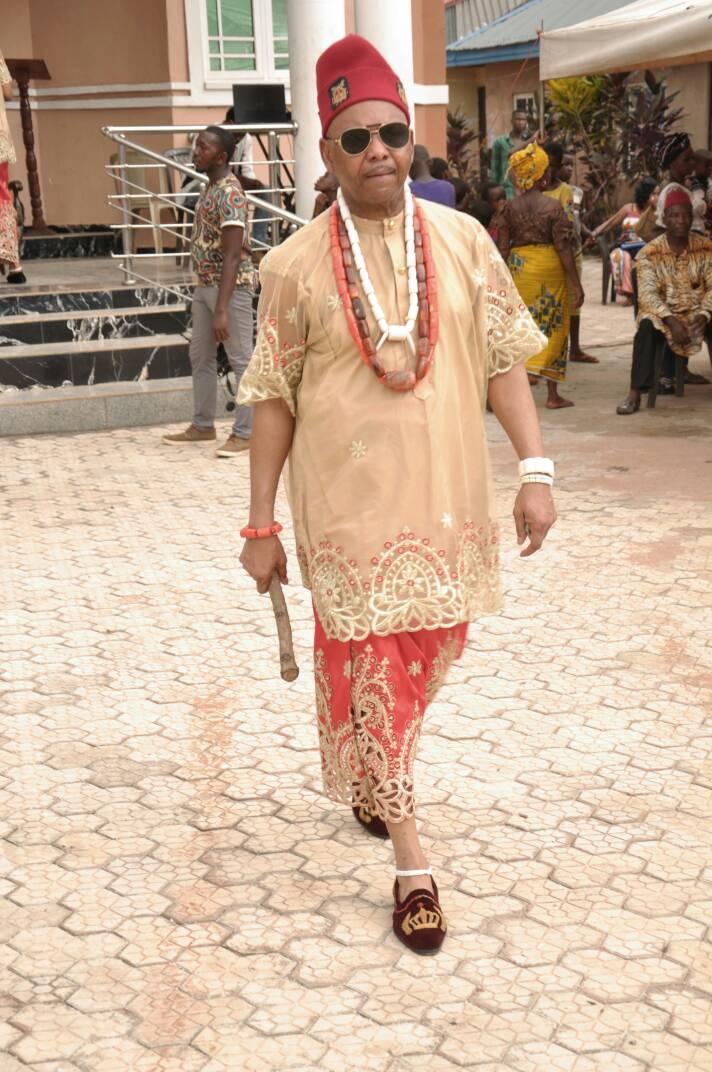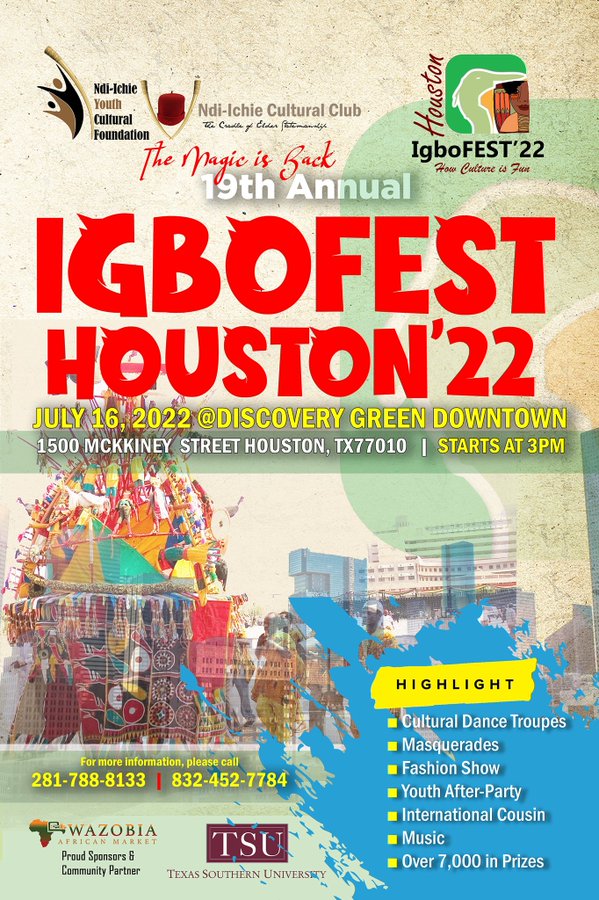https://news.yahoo.com/
The Nigerian priest saving Igbo deities from the bonfires
Wed, June 23, 2021,
While some Pentecostal preachers in eastern Nigeria set fire to statues and other ancient artefacts that they regard as symbols of idolatry, one Catholic priest is collecting them instead.
The artefacts are central to the traditional religions practised by the region's Igbo people, who see them as sacred, and possessing supernatural powers.
But there are now very few adherents of these religions, as Christianity - led by Pentecostal churches - has become the area's dominant faith.
BBC Igbo's Chiagozie Nwonwu and Karina Igonikon report on the priest's efforts to protect a history that is being lost because of the actions of some preachers.
Although he is referred to as "fire that burns", there is nothing frightening about Reverend Paul Obayi, who runs the Deities Museum in eastern Nigeria's Nsukka city.
Located in the compound of Saint Theresa's Catholic Cathedral, the three-roomed museum boasts hundreds of totems, masks, a stuffed lion and carvings of Igbo deities.
When communities abandon traditional religious beliefs, primarily under the influence of Christian Pentecostal churches, some pastors light bonfires to burn the artefacts, which they say contradict the faith's monotheistic beliefs, and which represent "evil spirits that bring bad luck".
Sometimes worshippers of the traditional religions also torch their deities, in accordance with a belief captured in the Igbo proverb: "If a God becomes too troublesome, it becomes wood for the fireplace."
But Reverend Obayi bucks the trend by preserving the rejected gods and goddesses, saying he uses religious powers to remove their supposed supernatural abilities. This has earned him the moniker Okunerere - "the fire that burns idols in the spirit".
"I've already destroyed the spirits," he said at his museum.
"What you have is just an empty shell. There is nothing inside."
Most of the artefacts at Deities Museum are wooden carvings
Reverend Obayi said he had been partially influenced by museums in Western countries, which are under enormous pressure to return artefacts, such as the Benin Bronzes, that were looted during the colonial era.
"I visit museums in the West and I see artefacts, some from Benin even, and I made up my mind to preserve ours."
A treasure trove of deities
The cathedral's administrator, Reverend Father Eugene Odo, supports his initiative, comparing it to a Catholic-owned museum in Italy.
"In Rome for instance there is the museum housing things that the Romans did as pagans, and people go there to see the stages of human development," he said.
Though the Deities Museum hosts visitors who come from as far as Lagos to see some of the tagged items, it is in dire need of care and attention. The artefacts, some of them centuries old, are strewn across the museum's floor, caked in dust. Some have been ravaged by termites.
But it is a treasure trove of Igbo deities - in one corner is a fearsome-looking mask surrounded by raffia, in another corner a deity used by tricksters - two oblong-shaped objects held together by string, used in the past to solve "mysteries" such as catching a thief. Hidden levers operated by the trickster were used to control the movement of the objects when the names of suspects were called out, making it look like an invisible force had discovered the thief.
But the pièce de résistance is the Adaada leja, a raffia-covered headless goddess, feted by those seeking children. Reverend Obayi said the deity was almost 200 years old.
The items are from the "deliverance services" he has conducted over the past 20 years in towns and villages across Nigeria's south-east.
"People write letters inviting my ministry to come and remove the idols that are disturbing them," he said.
Ways of the ancestors
Odinani, an ancient Igbo religion, was practised before the arrival of Christianity and colonialism. It is a form of animism where people pray to a spirit - represented by a statue - known as chi. It seeks intercession on their behalf from a Supreme Being, or Chukwu.
Other deities worshipped include:
- Ala - the goddess of fertility
- Amadioha - the god of thunder
- Ekwensu - the god of bargains and mischief
- Ikenga - an avatar of the owner's spirit
Not many adherents of these ancient religions remain, and they endure persecution from the Christian majority.
Their sacred days are disregarded, traditions such as rites of passages are frowned upon and there have been instances where shrines have been invaded by Christians activists.
Nowadays, most practitioners of these religions are elderly, although a handful of youngsters are now rebelling against their Christian faith and learning the ways of their ancestors.
In the past, most Igbo homes had small altars for the Ikenga
Chinasa Nwosu, a Pentecostal bishop of the Royal Church in the southern city of Port Harcourt, is a fierce critic of the traditional beliefs.
Bishop Nwosu first shot into the limelight in the early 1990s for tearing down shrines, burning the so-called idols, and uprooting what he denounces as "evil trees".
These trees, some of them ancient, have their bases wrapped in white or red pieces of cloth and are sacred to adherents who worship and make small sacrifices to them. Some are in the family compound but most are in forests away from the community.
"God does not want us to practice idol worship. African religion, most of the time, is based on idolatry," he said.
"Blessings come when you remove those accursed things," he added, quoting the Bible.
Bishop Chinasa Nwosu burns objects that he believes are against Christian teachings
He said that carvings and other artworks such as the Benin Bronzes and Ife Heads, which are artefacts stolen from western Nigeria and are now in Europeans museums, had not been consecrated to a God so he was not opposed to them being returned.
But he warned the Nigerian government that if it brought back artefacts that could be traced to "idolatry",
such as the Ikenga wood carvings in the British Museum, he would want them burnt.
Such views are vehemently opposed by Reverend Obayi, who remains determined to preserve the artefacts in his modest museum.
"They are artefacts that our children will see and they will understand how their forefathers lived," he said



